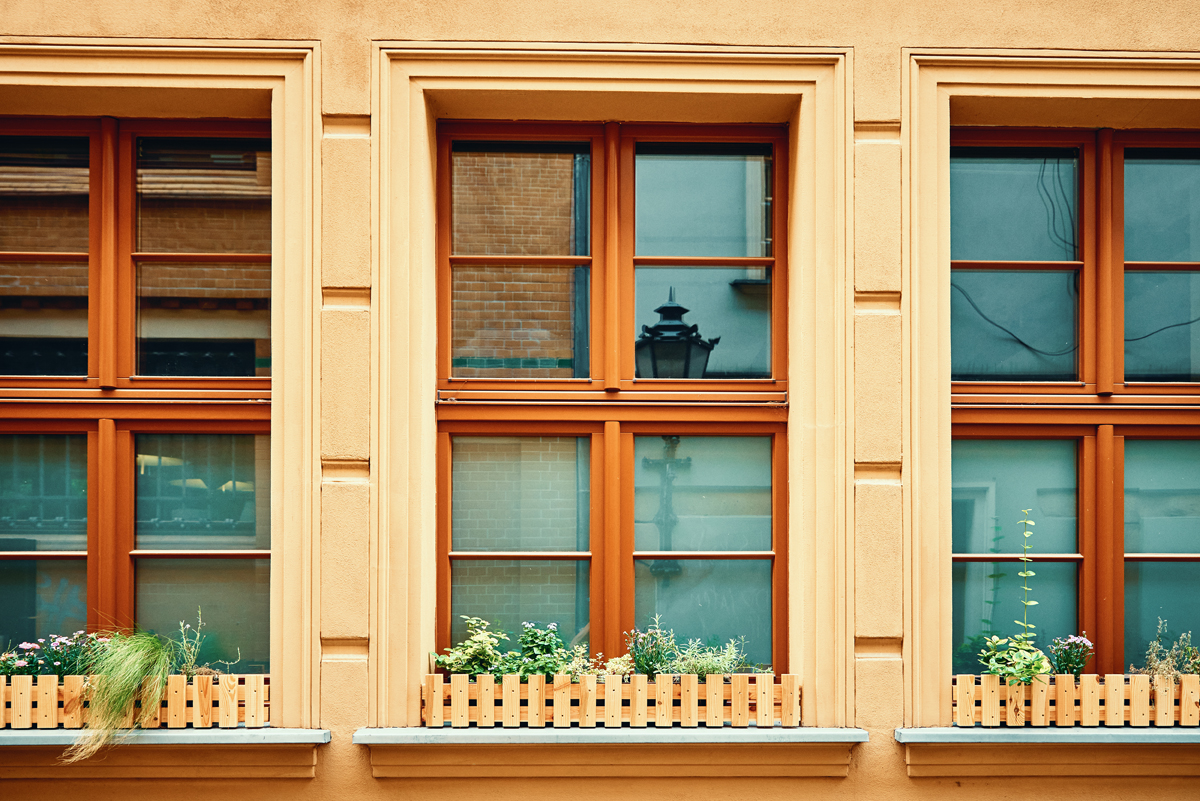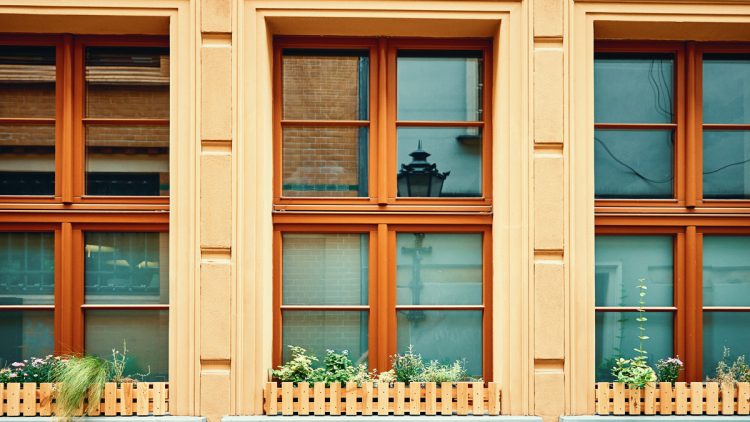How Long Do Wood Windows Last?

The lifespan of wood windows can vary widely based on several factors, including the quality of the wood, the level of maintenance, and the environmental conditions they are exposed to. On average, well-maintained wood windows can last anywhere from 20 to 60 years or more. Here are some key factors that influence the longevity of wood windows:
- Quality of Wood:
- High-quality hardwoods like oak, mahogany, and teak tend to last longer than softwoods like pine.
- Properly treated and kiln-dried wood can also enhance durability.
- Maintenance:
- Regular maintenance, including painting, staining, and sealing, can significantly extend the life of wood windows.
- Addressing issues like rot, cracks, and warping promptly helps maintain their integrity.
- Environmental Conditions:
- Wood windows in areas with extreme weather conditions, such as high humidity, heavy rainfall, or intense sunlight, may experience more wear and tear.
- Proper insulation and weatherproofing can mitigate some of these effects.
- Installation:
- Proper installation is crucial for the longevity of wood windows. Poorly installed windows can lead to gaps, leaks, and increased exposure to the elements, reducing their lifespan.
- Protection from Pests:
- Protecting wood windows from termites and other wood-boring insects is important for their durability.
- Regular inspections and treatments can help prevent pest damage.
- Quality of Finish:
- Using high-quality paint, stain, and sealants helps protect the wood from moisture, UV rays, and other damaging elements.
With proper care and maintenance, wood windows can be a long-lasting and aesthetically pleasing option for your home. Regular inspections and upkeep are key to ensuring their longevity.
Wood windows offer a classic and timeless aesthetic, but they also come with their own set of advantages and disadvantages. Here are some pros and cons of wood windows:
**Pros:**
1. **Aesthetic Appeal:** Wood windows add warmth, charm, and character to a home’s interior and exterior. They have a natural beauty and can be customized with various stains, paints, and finishes to complement any architectural style.
2. **Energy Efficiency:** High-quality wood windows, when properly installed and maintained, can provide excellent insulation and thermal performance. Wood is a natural insulator, helping to minimize heat transfer and reduce energy costs.
3. **Customization Options:** Wood windows offer versatility in design and customization. They can be crafted into various shapes, sizes, and configurations to fit unique architectural requirements and design preferences.
4. **Repairability:** Wood windows are relatively easy to repair and refinish compared to other materials. Minor damage such as scratches, dents, or gouges can be repaired with wood putty, sanding, and refinishing, extending the lifespan of the windows.
5. **Environmental Sustainability:** Wood is a renewable and biodegradable material, making wood windows an environmentally friendly choice compared to vinyl or aluminum alternatives. Sustainable forestry practices ensure the replenishment of wood resources for future generations.
**Cons:**
1. **Maintenance Requirements:** Wood windows require regular maintenance to preserve their appearance and performance. This includes periodic painting or staining, sealing, and caulking to protect against moisture, rot, and insect damage.
2. **Vulnerability to Moisture and Rot:** Wood is susceptible to moisture absorption, which can lead to swelling, warping, and rotting if not properly protected. Areas with high humidity or exposure to rain and snow may require extra attention and maintenance.
3. **Cost:** Wood windows tend to be more expensive upfront compared to vinyl or aluminum windows. The cost of wood windows can vary depending on the quality of the wood, customization options, and installation requirements.
4. **Potential for Pest Infestation:** Wood windows can attract pests such as termites, carpenter ants, and wood-boring beetles if not adequately protected. Regular inspections and treatments may be necessary to prevent and address pest infestations.
5. **Longevity:** While high-quality wood windows can have a long lifespan with proper maintenance, they may not be as durable as vinyl or aluminum windows in harsh climates or extreme weather conditions. Exposure to sunlight, moisture, and temperature fluctuations can affect the durability and longevity of wood windows over time.
In summary, wood windows offer a classic look and customizable design options but require regular maintenance and may be prone to issues such as moisture damage and pest infestation. Homeowners should weigh the aesthetic appeal and environmental benefits of wood windows against the higher upfront cost and ongoing maintenance requirements before making a decision.

